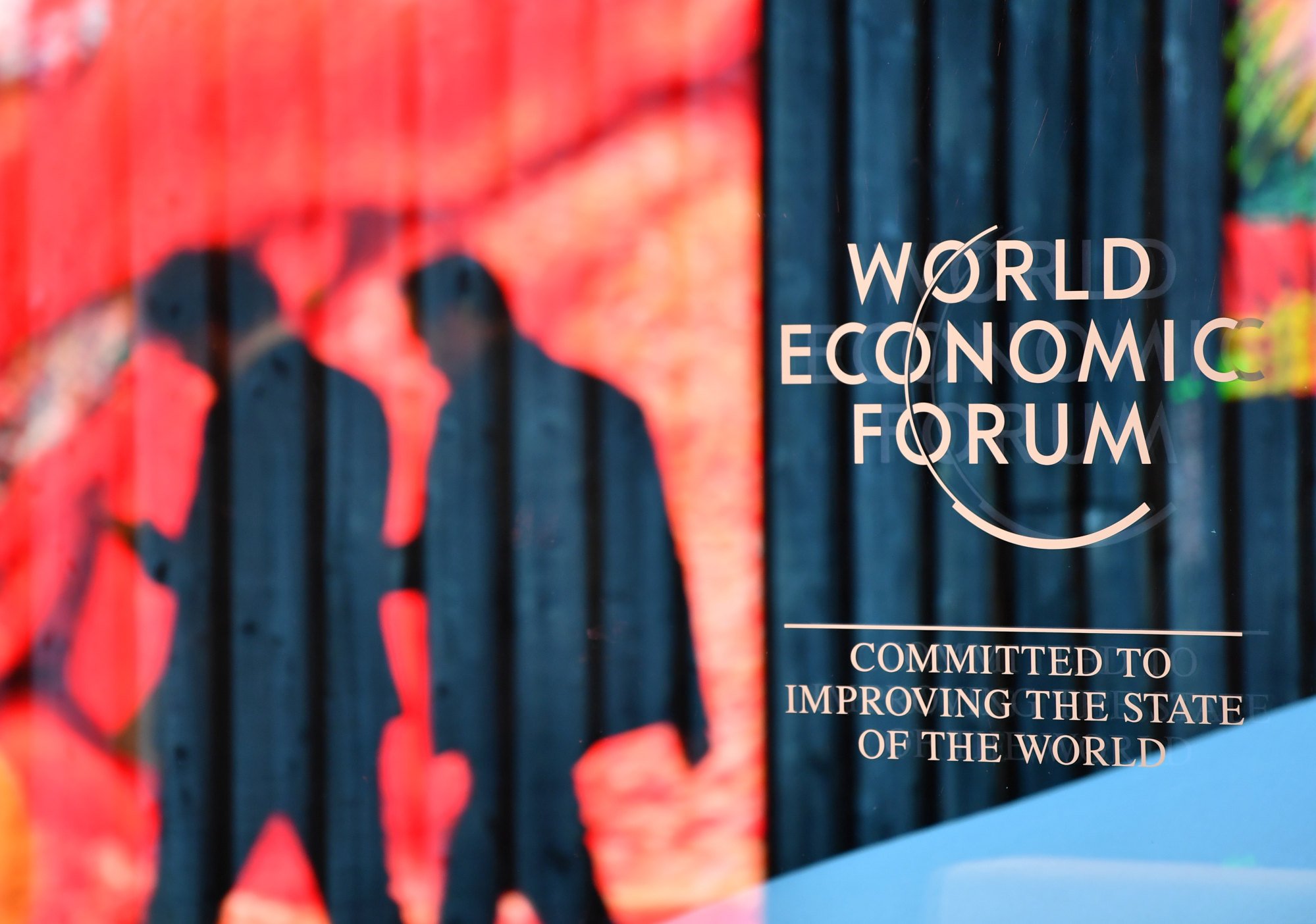
16 Jan Henderson, Swire and Chinachem among 7 Hong Kong firms joining global initiative on nature-related corporate disclosures
Seven Hong Kong companies have joined more than 300 firms worldwide that are committed to making disclosures on nature-related risks and opportunities, supporting a global initiative to reverse nature degradation caused by human activity and climate change.
Property developers Chinachem Group, Henderson Land Development, Sino Land, Swire Properties, gas utility Hong Kong and China Gas (Towngas), beverages maker Vitasoy International Holdings, and marine ecosystems restoration start-up Archireef are the pioneers from Hong Kong.
In total, 320 organisations from more than 46 nations have pledged to start making disclosures based on recommendations published by the Taskforce on Nature-related Financial Disclosures (TNFD) last September.
This is a “milestone moment for nature finance and for corporate reporting”, said David Craig, co-chair of the TNFD at the World Economic Forum (WEF) in Davos, Switzerland, on Tuesday.

Backed by the G20 nations, businesses and financial institutions worldwide, the TNFD was launched in mid-2021 to devise an internationally recognised framework for nature-related corporate disclosures.
Hong Kong firms keen on implementing TNFD rules to stem global biodiversity loss
Hong Kong firms keen on implementing TNFD rules to stem global biodiversity loss
Adopters are required to make disclosures on governance, strategy, risk and impact management, and metrics and targets for performance to be measured and achieved.
The first batch of adopters includes listed companies accounting for US$4 trillion in market capitalisation, more than 100 financial institutions, stock exchanges, accounting firms and non-governmental organisations.
These entities have agreed to publish TNFD-aligned disclosures as part of their annual corporate reporting for the 2023, 2024 and 2025 financial years.
Craig said climate-related sustainability reporting is going mainstream through the new International Sustainability Standards Board standards and regulation in a growing number of countries.
“This is a clear signal that investors, lenders, insurers and companies are recognising that their business models and portfolios are highly dependent on both nature and climate and need to be treated as both strategic risks and investment opportunities,” he said.
Among the 320 pioneering adopters of the TNFD framework, 42 per cent were headquartered in Asia-Pacific, 43 per cent in Europe, 12 per cent in the Americas and 3 per cent in Africa and the Middle East, TNFD said.
By committing to disclosing nature-related information, the companies are aligning themselves with emerging and ambitious best practices for the long term, said David Atkin, CEO at the Principles for Responsible Investment, a United Nations-supported network of investors for promoting sustainable investment.
The TNFD framework aims to help achieve global goals outlined in the Kunming-Montreal global biodiversity framework signed by 196 nations a year ago.
They include maintaining, restoring and substantially increasing the area of natural ecosystems, and halting human induced extinction of known threatened species by 2050.
TNFD is working with audit and assurance professionals on scaling up audit programmes on nature-related disclosures and data, Tony Goldner, the agency’s executive director said on Tuesday.
“Many companies are reluctant to make nature-related disclosures if they can’t get limited assurance on their disclosures,” he said. “We are working with the audit sector on sustainability assurance standards, while they build capacity by hiring specialists.”
Meanwhile, audit and consulting firm PwC said on Monday its latest global CEO survey found that 45 per cent of 4,702 CEOs across 105 nations and territories were concerned about their companies’ long-term viability because of accelerating technology and climate change pressures.
Nearly 60 per cent of CEOs said they had made strides on innovating climate-friendly products, services or technologies. However, only 45 per cent had made progress on incorporating climate risk into financial planning.
Four in 10 said they had accepted lower returns for climate-friendly investments than for other investments. In most of the cases, the gaps in returns were between one and four percentage points.

